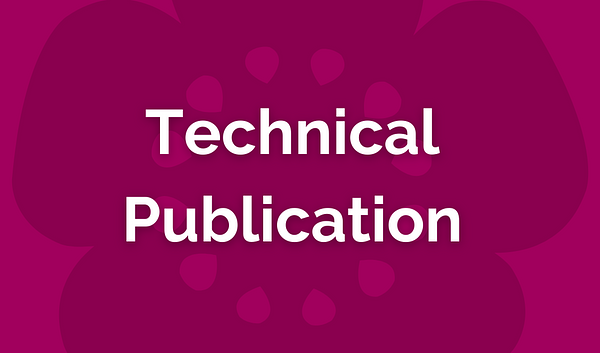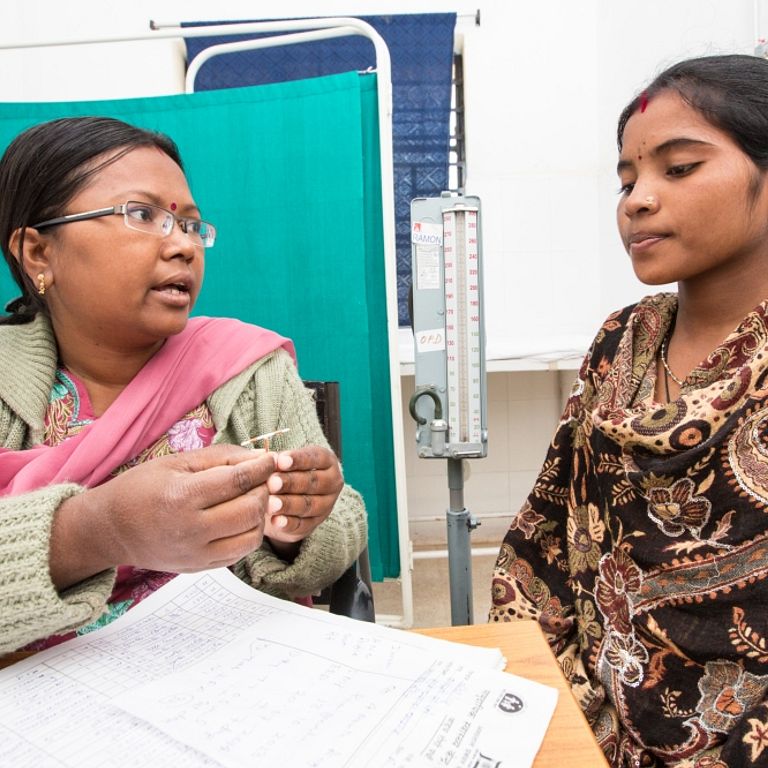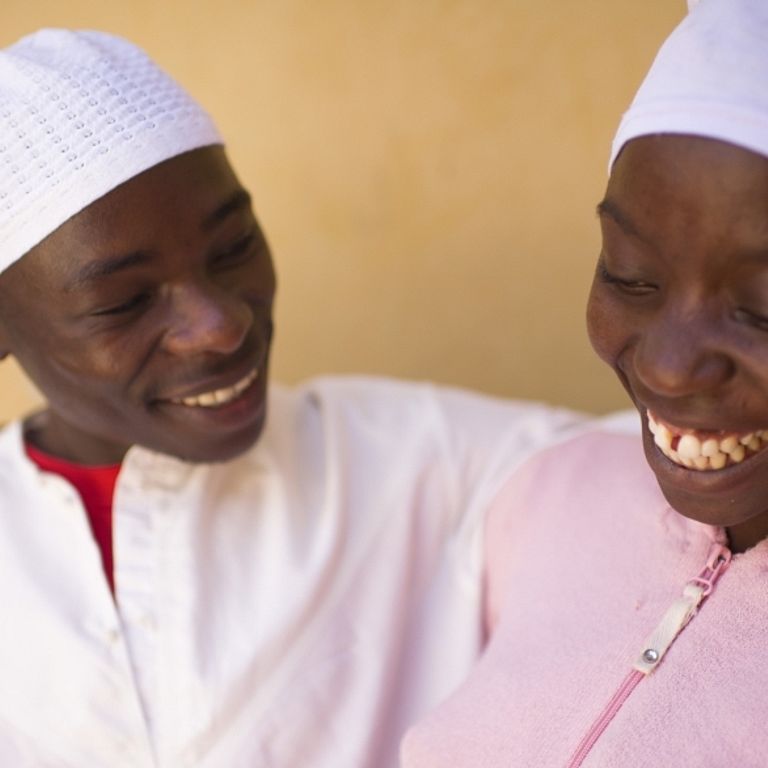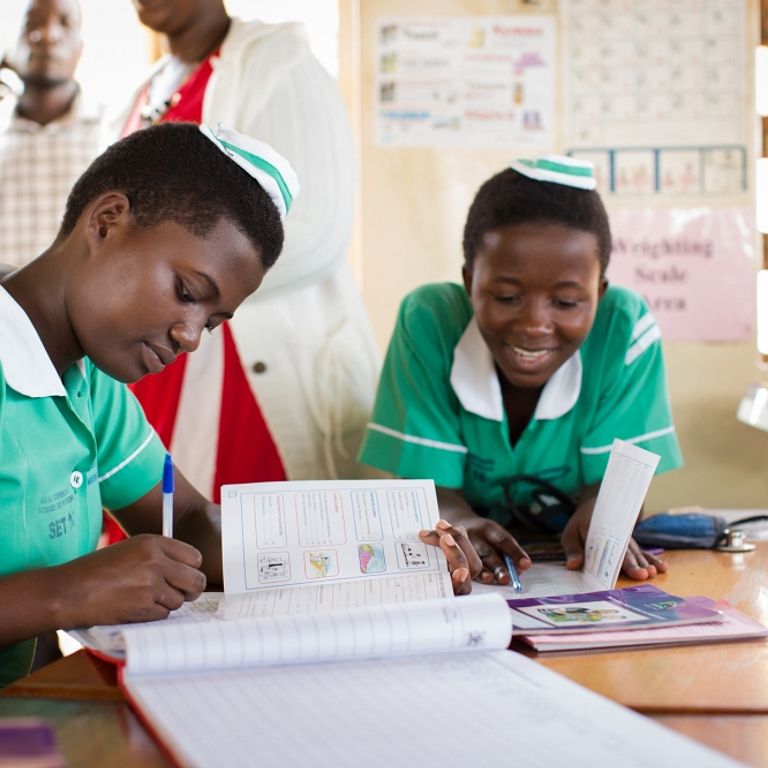Agir Pour La Planification Familiale (AgirPF)
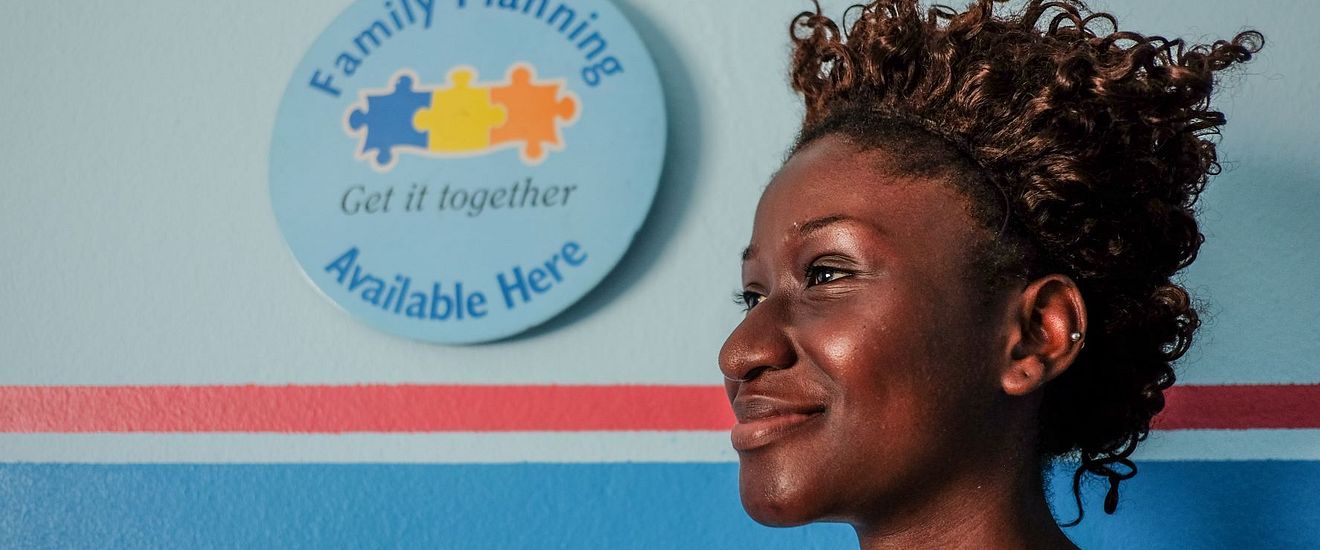
According to Advance Family Planning, some of the highest fertility rates and lowest rates of modern contraceptive prevalence are in Francophone West Africa. The modern contraceptive rate for all women in this region in 2018 was 18.2%.
In partnership with Avenir Health, Camber Collective, and other partners, through the Agir Pour La Planification Familiale (AgirPF) (Taking Action for Family Planning) program, EngenderHealth worked with the governments in Burkina Faso, Côte d’Ivoire, Mauritania, Niger, and Togo, to increase access to and uptake of FP. As USAID West Africa’s flagship FP program we focused on women of reproductive age in cities and surrounding areas.

The program drew from EngenderHealth’s SEED model to (1) address supply-side barriers to services by training providers, establishing outreach programs, and supporting FP integration in facilities; (2) promoting health-seeking behaviors related to the importance of FP among individuals and communities; (3) work with national government officials to improve policies, guidelines, and standards around FP service delivery.
In collaboration with local experts, AgirPF trained 60 master trainers across the five countries, who in turn trained providers in their home countries. We collaborated with the five country governments, the Ouagadougou Partnership, the West Africa Health Organization, and others to identify promising strategies for improving the policy environment for FP programs. AgirPF supported the development and adoption of an advocacy strategy focused on engaging public administrators and other government officials as well as key religious and traditional leaders to facilitate local ownership and strengthen national health systems. AgirPF also strengthened 286 facilities and supported the training of 5,699 providers in delivering high-quality FP services, including gender-sensitive, client-centered counseling using EngenderHealth’s REDI framework and incorporating new technologies for implants and intrauterine devices.
In Burkina Faso, we implemented a social and behavior change campaign engaging male community members and their spouses, public administrators and other authorities, and religious and traditional leaders to support male involvement in FP. In Côte d’Ivoire, we developed and validated a national reproductive health law and generated awareness of the acceptability and benefits of FP in cooperation with 21 Christian and Muslim places of worship. In Mauritania, we advocated for increasing the national FP budget, resulting in a 140% increase between 2015 and 2017. In Niger, we distributed information, education, and communication kits standardized by the Ministry of Health to 100 community health workers from 50 villages to improve awareness around the benefits and availability of FP services. While the program was implemented in Togo for less than a year, we were able to provide 375 community health workers with bicycles and FP services provision kits. We also supported 24,798 clients in accessing FP services, including 8,499 new users.
